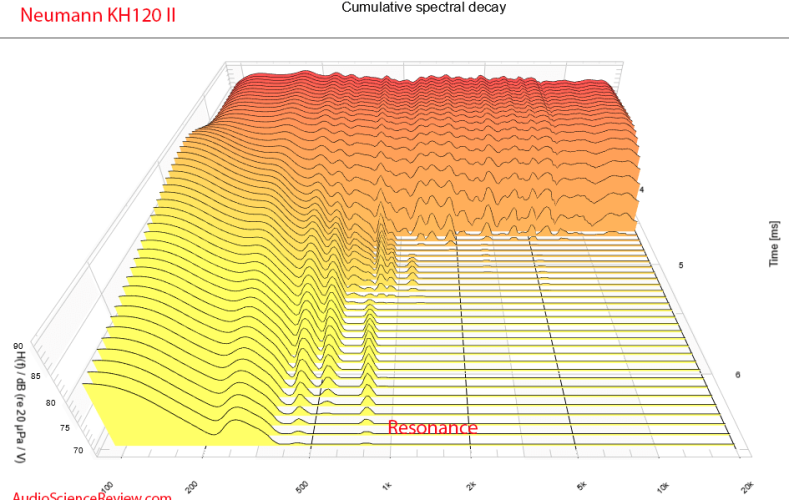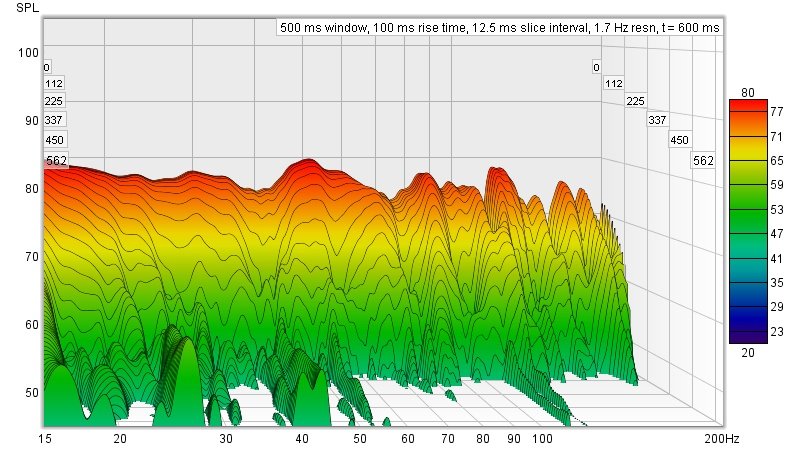evanft
500+ Head-Fier
- Joined
- Dec 27, 2001
- Posts
- 744
- Likes
- 210
I have some ideas on why some are so staunchly anti-EQ.EQ distorts the signal, that is of course the whole point of EQ but it doesn’t add distortion (THD) and he did not note that it does. That is why it is NOT a “no no” on an expensive system! In fact, it’s actually a requirement for a system to qualify as “high end” in the first place. EQ is not necessarily required for a HP system though, unless one is trying to create a perceptually high end HP system (with a HRTF, etc.), but it can be applied according to personal preference without being a “no no”
- It's free and available for a wide variety of platforms. Whether someone is using a lowly KSC75 or has a maxed-out electrostat system, they can tweak the sound to better suit their desired response. Gatekeeping what is and isn't "high end" is very important for a lot of audiophiles, so something free that allows anyone to get better sound is a big no-no. Improvements in audio quality can only come from purchasing more and more expensive gear, especially that which just came out and has fancy marketing about some esoteric design features.
- Using it is a passive acknowledgement that frequency response, especially in headphones, is the single most important property in an audio system. The fact that you can get changes to soundstage, "resolution", etc. by simply changing a few filters means that these aspects of system performance are not some ethereal property that we haven't figured out how to measure yet. Instead, they're just part of the frequency response, which we have figured out how to measure and are only getting better at it all the time.
- It makes the inherent sound quality of a headphone less important. It's hard to justify getting a 500g+ planar if I could get something that weighs half as much and use EQ to get the sound I want.
- EQ is extraordinarily effective at changing the sound of a system, and is easily the most effective change you can make besides the transducer. No amount of amps, DACs, cables, etc. can have as much of an effect as a single EQ filter. This makes discussion of this hardware, which is already overblown and full of audiophool nonsense, even more ridiculous.















